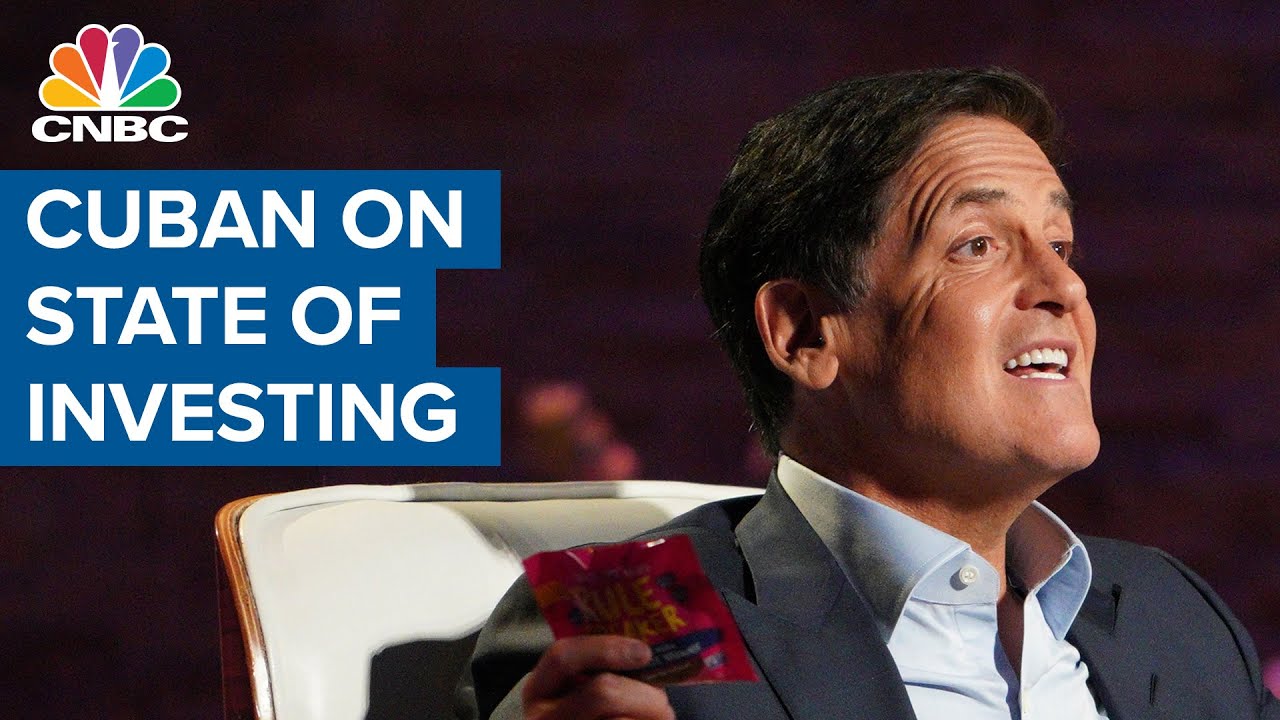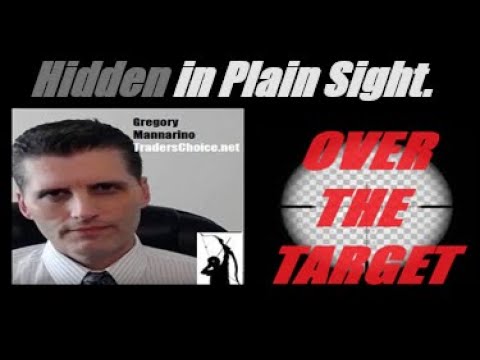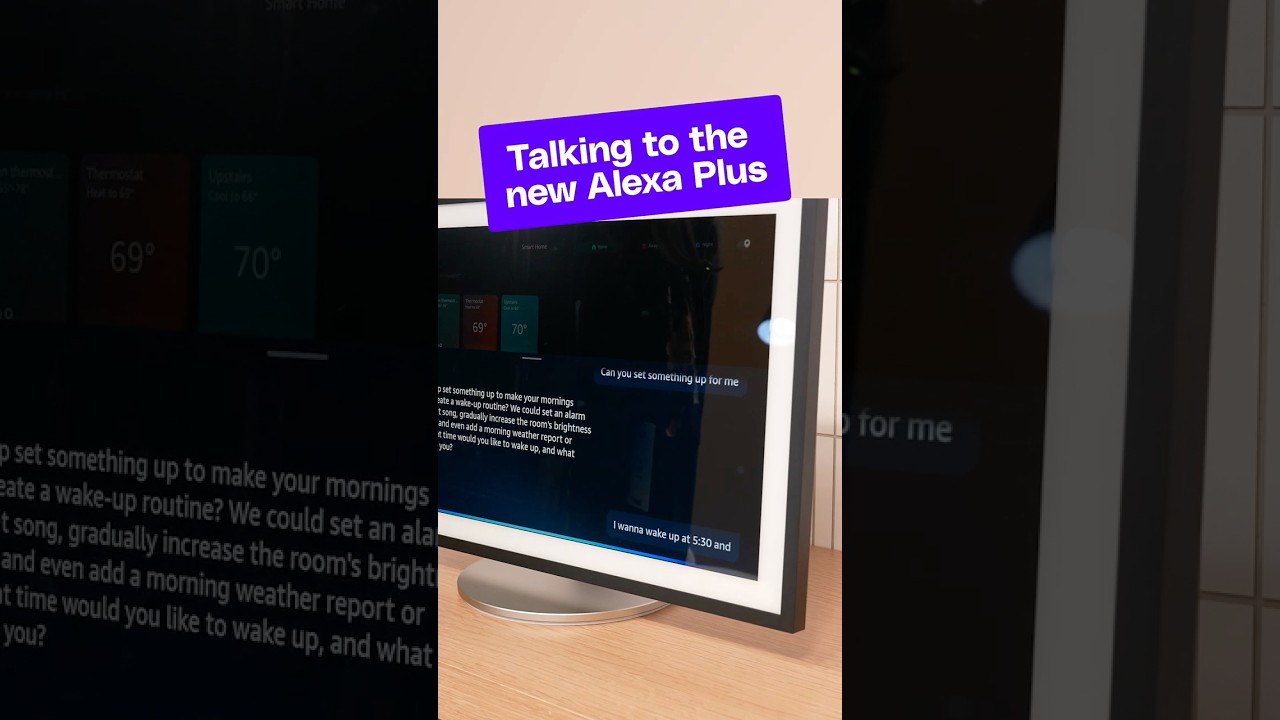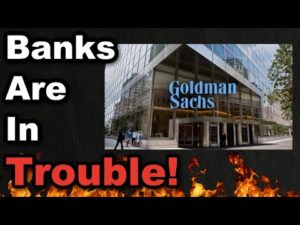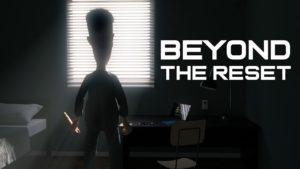Mark Cuban discusses state of investing amid Reddit-fueled frenzy around GameStop
Billionaire entreprenuer Mark Cuban, Dallas Mavericks owner, calls into ‘Squawk Alley’ to defend his thoughts on the Reddit-fueled market volatility. Subscribe to CNBC Pro to access our live Pro Talk “How to Navigate the Reddit Market Mania” with Fundstrat’s Tom Lee and CNBC’s Mike Santoli: https://cnb.cx/3r7vPrJ
Billionaire entrepreneur Mark Cuban told CNBC on Tuesday that he believes the Reddit traders who helped spark the GameStop short squeeze and subsequent stock surge will remain a force in the market.
“I always was taught, ‘You get long and you get loud,‘” Cuban said on “Squawk Alley.” “You get out there and create more buyers for your stock and the stock price goes up and that’s exactly what’s happening here, except it’s just WallStreetBets that’s doing the ‘getting loud.’”
Cuban’s comments came as GameStop shares were plunging about 50% on Tuesday to around $111 each, one day after losing nearly a third of their value.
The video game retailer’s stock — which rallied 400% last week, reaching an all-time high of $483 per share at one stage — started soaring in response to a short squeeze that happened when online traders on sites like Reddit’s WallStreetBets forum poured into the heavily bet-against name.
Cuban, who made billions of dollars during the dot-com boom, said he believes those online investors have gained valuable knowledge from the short squeeze, as well as from the volatile cryptocurrency market. “I think this is real,” said the “Shark Tank” investor and owner of the NBA’s Dallas Mavericks.
“I think now that they’ve recognized their power and now that they’ve learned some lessons, we’re going to get more of it, not less of it,” he added. “It’s not going to be a set of circumstances where all these people lost money, they’re going to go home with their tail between their legs and they’re never going to do this again.”
Short selling is a strategy in which an investor borrows shares of a company and then promptly sells them, expecting that the price will decline in the future. The short seller buys back the stock at its lower price and gives back the borrowed shares, profiting off the difference.
When the opposite happens, like when online traders rushed into GameStop, hedge funds and other investors who had shorted the stock may try minimizing their losses by buying shares at the current higher price. Both groups of investors purchasing the stock adds to the upward momentum.
Cuban said he believes a larger shift is afoot among younger investors. Not only do they obtain their information through different channels online, Cuban said he thinks they may also approach valuations with an alternative mindset after growing up “with an iPhone their entire lives.”
“They put a premium on items that are digital,” he said. “The idea that a digital trading card or digital artwork could have more value than something tangible in our minds, or physical, would be inconceivable to many people yet to Gen Z, that’s what makes perfect sense.”
“When it comes to stocks it’s the same thing,” Cuban said, suggesting there may be less of an emphasis on traditional valuation metrics such as a price-earnings ratio. He said his perspective has been altered by the crypto market, where some investors have adopted the buy-and-hold mantra known as “HODL.”
That strategy has “worked for a period,” he said. “Maybe bitcoin, ethereum, etc. will go down again but at the same time, we’re starting to see the evolution of applications on blockchain that are really starting to build marketplaces. I think younger kids, Gen Z in particular, maybe younger millennials have a different approach to how they look at stores of value, how they look at how assets are priced than we looked at traditionally.”
From his own experience, Cuban said he believes that approach can carry over into publicly traded stocks. “I’ve never looked at owning a share of stock that doesn’t pay a dividend as the current discounted value of future cash flows,” he said. “To me, that was always a narrative that brokers used to sell stocks. To me, a share of stock without a dividend is just like a baseball card. It’s what someone will pay for it.”
source
